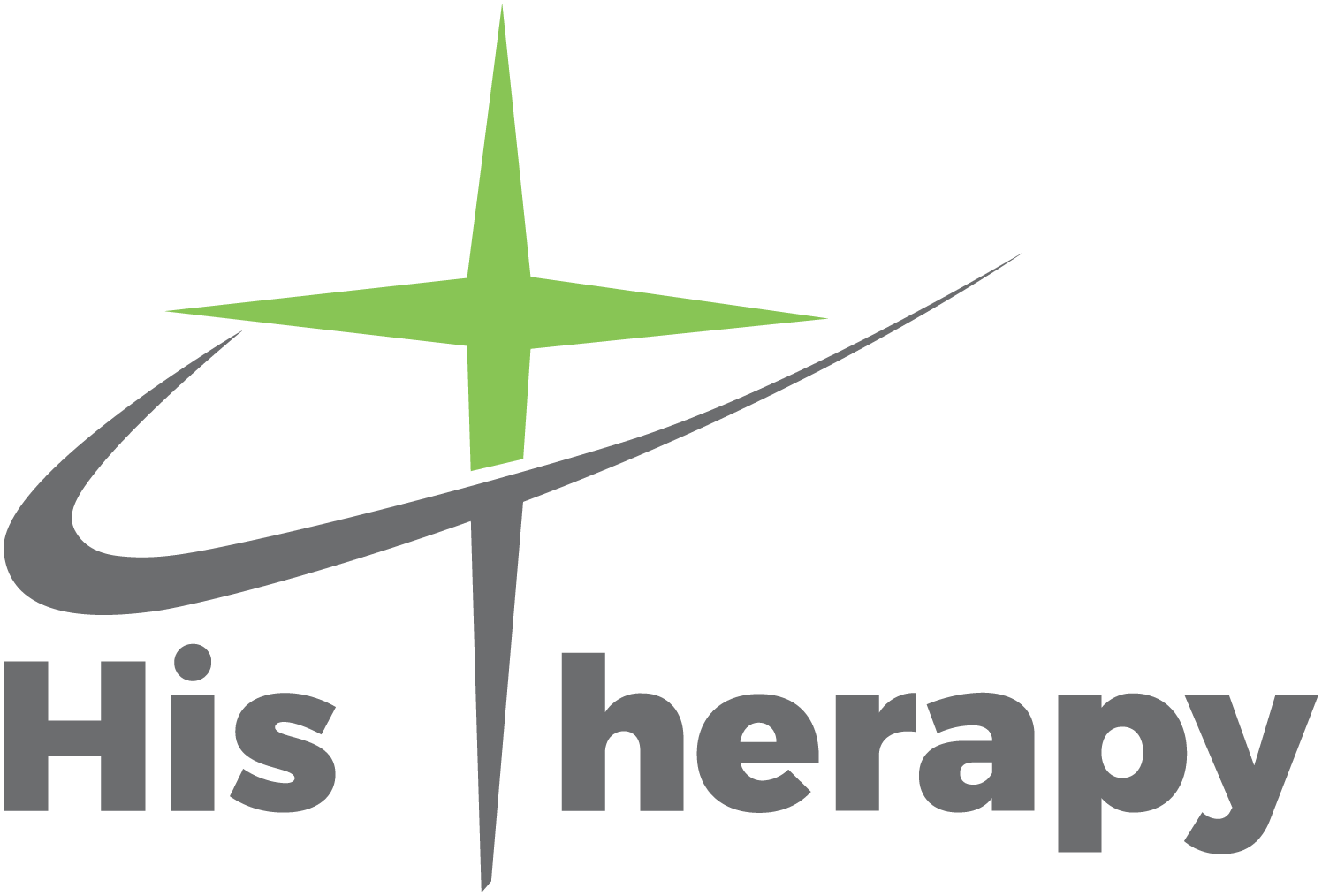Urinary Incontinence
Urinary incontinence (UI) is the inability to control urine. An estimated 13 million adults (men and women) of all ages suffer from UI. Dysfunctional voiding patterns and leakage also occur in children of all ages. There are four basic types of incontinence. Stress incontinence is when urine leaks out when stress (pressure) is put on the bladder, for example when someone sneezes or coughs. Another type of leakage is called urge incontinence which is sometimes known as “overactive bladder.” This leakage occurs when there is a strong urge to urinate occurs and someone is not able to make it in time to urinate. The other type of incontinence is called overflow incontinence which occurs when the bladder does not empty normally and becomes very full. Then dribble occurs out of the bladder. Finally mixed incontinence is also another form which means basically that someone suffers from more than one type of incontinence which are described above. If you or someone you know is suffering from urinary incontinence, please know that there are options for treatment. You do not have to live everyday wearing depends pad and you can learn to gain the control you need to live an enjoyable life. Some options that people have are medication, surgery and pelvic floor physical therapy. After discussing these options with your doctor, you should make the best treatment for yourself. In terms of pelvic floor therapy, it does help to teach people new ways to control their bladder and train those muscles that are involved in controlling and stopping the leakage. These are the pelvic floor muscles. Pelvic floor therapists can help patients with the following interventions: 1) Education on proper food and fluid intake 2) Retraining of voiding habits 3) Strengthening and muscle re-education of the pelvic floor muscles 4) Strengthening Core muscles 5) Biofeedback used to help retrain the muscles 6) Electrical Stimulation 7) Proper postural control and body mechanics 8) Education on proper home program Benefits of Physical Therapy * Increased bladder control *Increased bowel control *Decreased pain or pressure *Restore or improve function with : less pad usage, eliminate pad usage, improve sleep, decrease or eliminate accidents, improve ability to function in the community, decrease adult isolation Please contact us at HisTherapy if you have any questions regarding pelvic floor PT and how it can help with bladder control. 864-534-1780 or Sabina@histherapy.net
